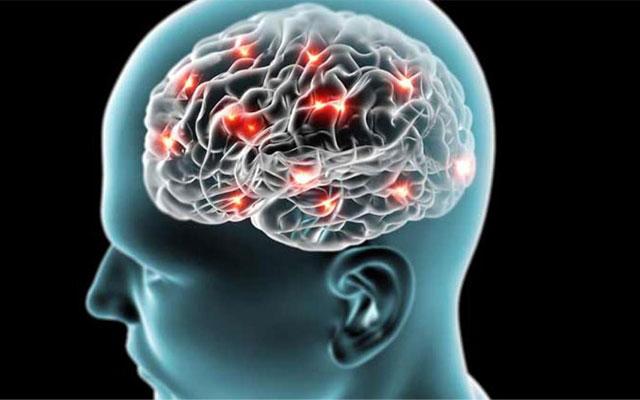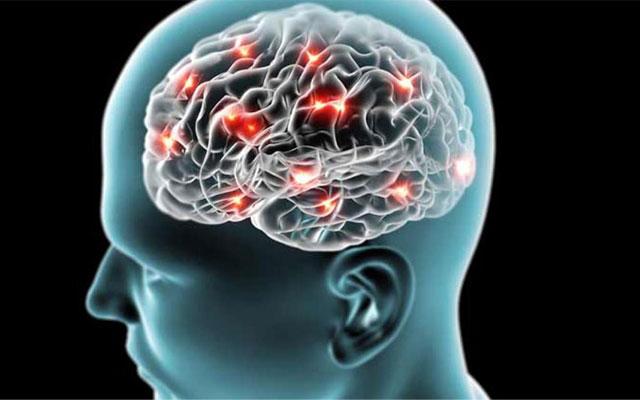Societal cooperation led to larger human brain: study
Tue 16 Aug 2016, 11:02:19
The challenge of judging a person's social group and deciding whether or not to cooperate with them has promoted the rapid expansion of human brain size over the last 2 million years, a new study has found.
Researchers found that evolution favours those who prefer to help out others who are at least as successful as themselves. "Our results suggest that the evolution of cooperation, which is key to a prosperous society, is intrinsically linked to the idea of social comparison - constantly sizing each other up and making decisions as to whether we want to help them or not," said Roger Whitaker from Cardiff University in the UK.
"We have shown that over time, evolution favours strategies to help those who are at least as successful as themselves," said Whitaker.
Researchers used computer modelling to run hundreds of thousands of simulations, or 'donation games', to unravel the complexities of decision-making strategies for simplified humans and to establish why certain types of behaviour among individuals begins to strengthen over time.
In each round of the donation game, two simulated players were randomly selected from the population. The first player then made a decision on whether or not they wanted to donate to the other player, based on how they judged their reputation.
If the player chose to donate,
they incurred a cost and the receiver was given a benefit. Each player's reputation was then updated in light of their action, and another game was initiated.
they incurred a cost and the receiver was given a benefit. Each player's reputation was then updated in light of their action, and another game was initiated.
Compared to other species, including our closest relatives, chimpanzees, the brain takes up much more body weight in human beings. Humans also have the largest cerebral cortex of all mammals, relative to the size of their brains. This area houses the cerebral hemispheres, which are responsible for higher functions like memory, communication and thinking.
"According to the social brain hypothesis, the disproportionately large brain size in humans exists as a consequence of humans evolving in large and complex social groups," said Robin Dunbar from Cardiff University.
"Our new research reinforces this hypothesis and offers an insight into the way cooperation and reward may have been instrumental in driving brain evolution, suggesting that the challenge of assessing others could have contributed to the large brain size in humans," said Dunbar.
According to researchers, the findings could also have future implications in engineering, specifically where intelligent and autonomous machines need to decide how generous they should be towards each other during one-off interactions.
The research was published in the journal Scientific Reports.
No Comments For This Post, Be first to write a Comment.
Most viewed from Health
AIMIM News
Latest Urdu News
Most Viewed
May 26, 2020
Can Lionel Messi's visit boost Indian football?
Latest Videos View All
Like Us
Home
About Us
Advertise With Us
All Polls
Epaper Archives
Privacy Policy
Contact Us
Download Etemaad App
© 2026 Etemaad Daily News, All Rights Reserved.



























.jpg)
.jpg)
.jpg)


